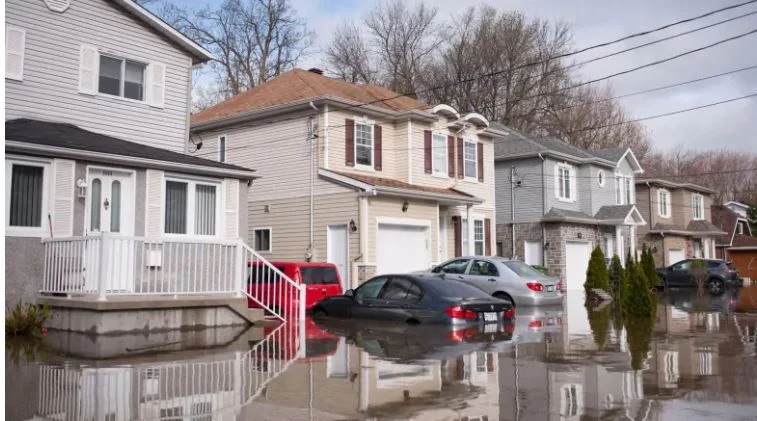Research shows that Indigenous communities in Canada are at higher risk from climate-related disasters such as flooding. Myrle Ballard is setting out to make sure Indigenous people are also part of the solution to climate change. Ballard is the first director of Environment and Climate Change Canada's new division of Indigenous Science, a role in which she's tasked with raising awareness of Indigenous science within the department and helping the government find ways to integrate it into its policies.
New $84.4M water system in Abbotsford, B.C., aims for climate resilience
The City of Abbotsford is getting funding help from the B.C. government to bolster its drinking water system against floods, wildfires and other climate-related disasters. Municipal Affairs Minister Nathan Cullen said Wednesday the $62 million in government funds will support a new well and water-treatment system to serve more than 165,000 people in Abbotsford, Mission and the Matsqui First Nation.
Statement by the Prime Minister on World Health Day
"Today, we celebrate World Health Day and the founding of the World Health Organization (WHO). This year's theme – 'Our planet, our health' – reminds us that our health and well-being is fundamentally connected to the health of our planet. The crises of climate change and rapid biodiversity loss are health crises too. "Taking real action to confront the climate crisis and protect our environment will deliver clean air and clean water for Canadians – as well as their associated health benefits – now and into the future.
'It's a problem for society': Climate change is making some homes uninsurable
As an insurer, Intact obviously has its own data and maps. Based on that, the company assumes as many as five per cent of those newly at-risk properties will be simply uninsurable. Brindamour warns that "if you're in a zone that gets flooded repeatedly, or where the odds of being flooded has increased meaningfully, it'll be hard to find insurance from private capital."





